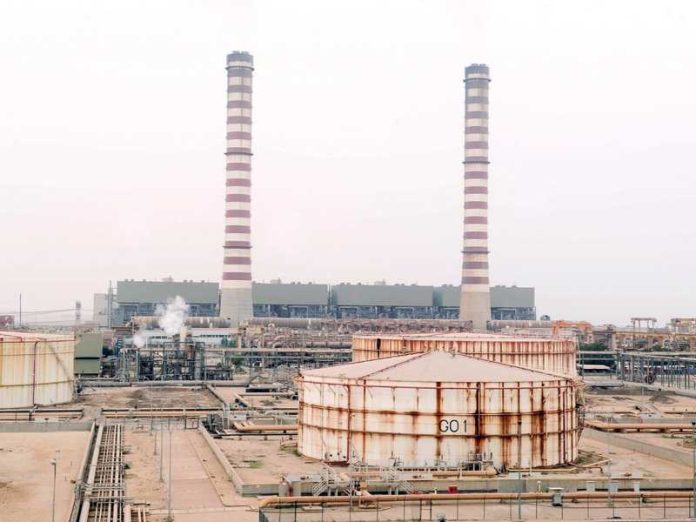The Ministry of Electricity and Water is expecting to face an uphill task that threatens the accuracy of the assurances it had given earlier, when it heralded a “safe summer” that would not be punctuated by problems of power outages or an unbearable increase in loads.
The repercussions of the delay in approving the extension of maintenance contracts and floating new tenders by the Central Agency for Public Tenders, which informed sources told Al-Qabas daily, will have a direct impact on what it called the “summer security” in the summer of this year and the next, as the country will face an inevitable “electricity crisis” in 2024.
In light of current data, most notably the delay in extending tenders for maintenance contracts and signing new tenders contrary to previous assurances of a safe summer, informed sources in the Ministry of Electricity warned of the repercussions of delaying the approval of extending maintenance contracts and new tenders by CAPT, stressing that delaying their signing threatens the safety of summer this year, the summer of 2024 will face an “electricity crisis.”
It is inevitable, in light of the current circumstances, most notably the delay in issuing maintenance tenders, as well as tenders for new stations. The sources stated that MEW had informed the Council of Ministers, in an official report submitted to it since 2020, of the dangers of delaying the construction of new power stations and its negative impact on the coming years.
The sources said that the ministry’s total production capacity is currently 18 thousand megawatts, with the expected peak consumption for the summer of this year reaching 17 thousand megawatts, and that this difference is not reassuring in view of many factors, foremost of which is the need for a rotating reserve of 800 megawatts, in addition to the maximum consumption.
This is to ensure safe operation in the summer, as well as 280 megawatts for the Gulf interconnection, which is an extra value that remains present to secure the interconnection network’s need for it at any time.
The sources pointed out that the safety of next summer depends on ensuring that production reaches 18,000 megawatts, in light of the expected breakdowns due to the age of some power stations and the presence of large losses in the network, which requires the extension of the current maintenance contracts, some of which ended and require completion before the start of the summer, which is a problem faced by the Ministry due to the non-cooperation of some oversight bodies, foremost of which is the CAPT.
The following numbers reflect the electricity crisis
• 18,000 megawatts, the installed capacity of the network
• 17,000 megawatts peak consumption next summer
• 18,080 megawatts needed by the ministry for safe operation
• 6 new maintenance tenders whose signing was delayed
• 5 existing maintenance contracts that need to be extended
• 3,600 megawatts has been delayed for years

















